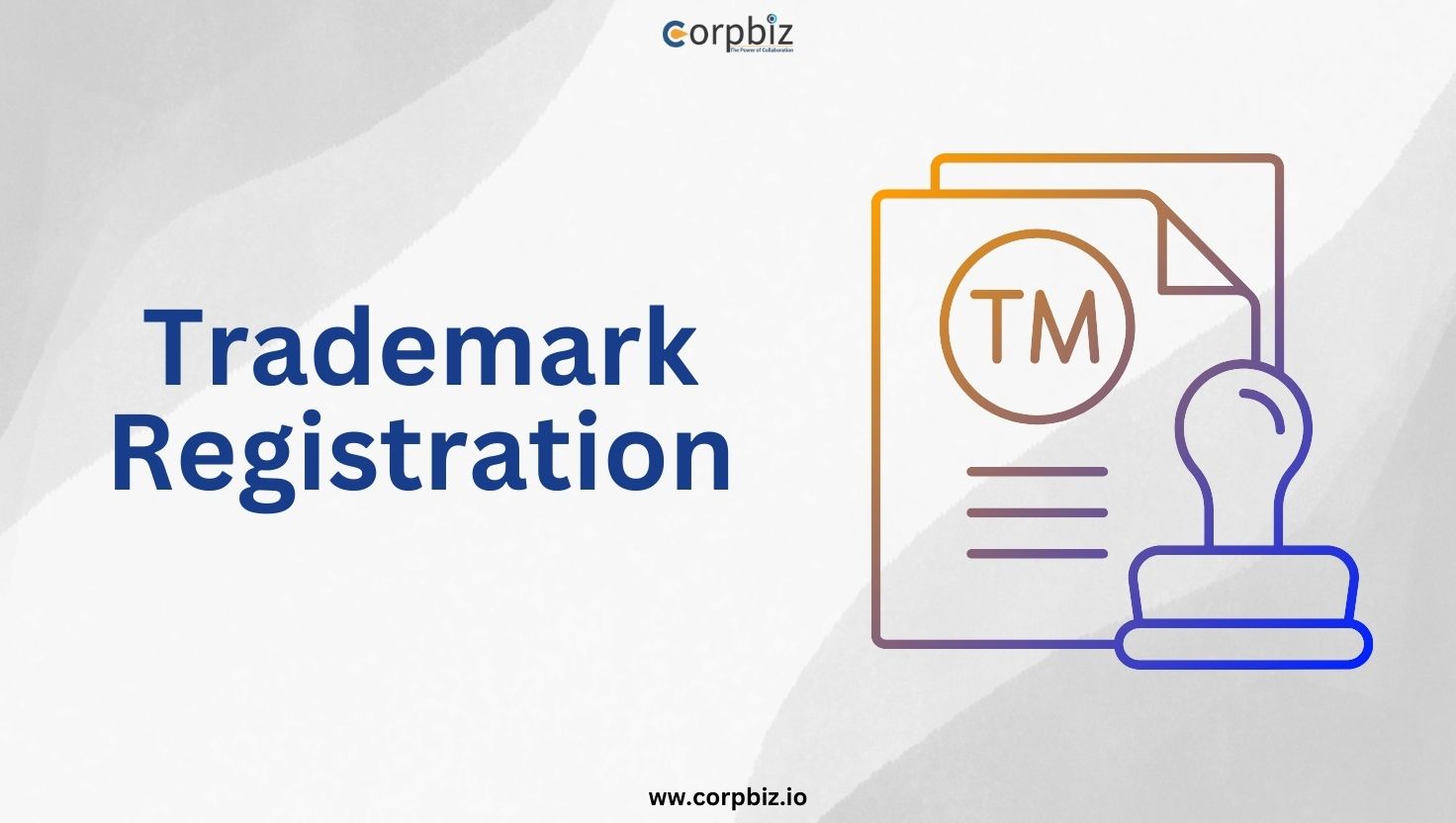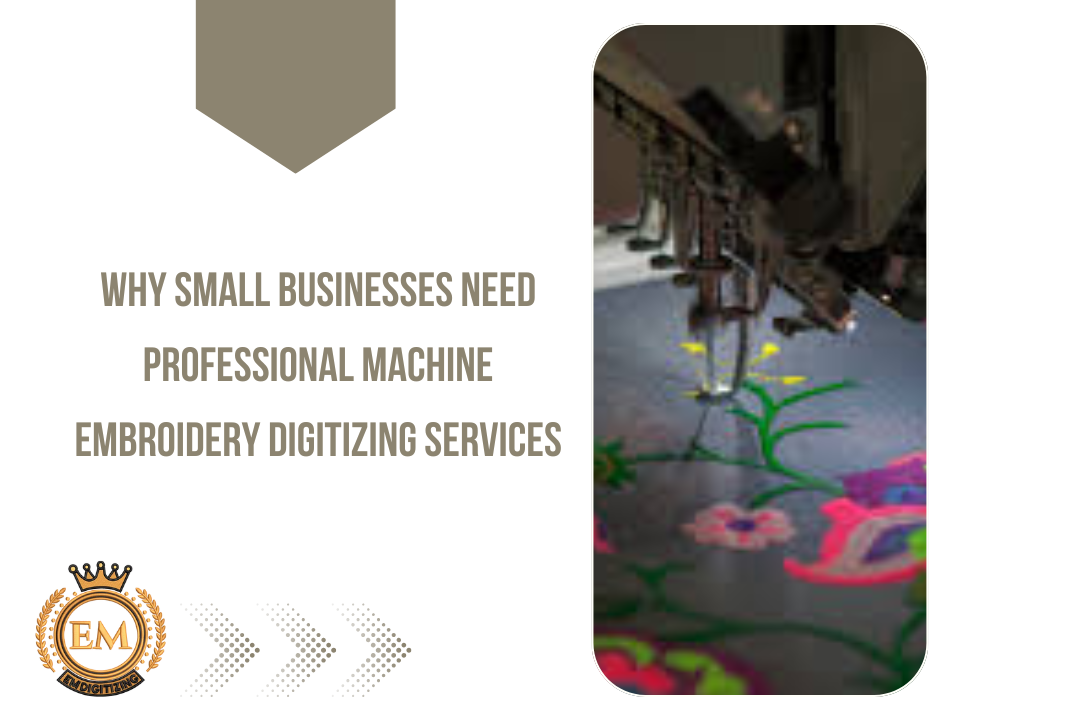Types of Trademarks You Can Register for Your Business

Strong 8k brings an ultra-HD IPTV experience to your living room and your pocket.
When building a business, protecting your brand is essential for long-term success. One of the best ways to safeguard your brand identity is through trademark registration. It not only secures your unique brand elements but also prevents others from using them without your permission.
If you're a business owner in India, understanding the types of trademarks you can register is crucial for securing comprehensive protection. This blog will guide you through the various types of trademarks you can register, ensuring your business stays protected while also explaining how trademark registration in India works.
What is a Trademark?
A trademark is a unique symbol, word, phrase, design, or combination that identifies and distinguishes your goods or services from others in the market. Once you obtain a trademark registration certificate, your brand's identity becomes legally protected, giving you the exclusive right to use it for commercial purposes.
Before registering, it's wise to perform a trademark search to ensure your desired mark isn't already in use. You can conduct a trademark search in India using the government’s trademark public search portal.
Types of Trademarks You Can Register
1. Word Mark
A word mark protects words, letters, or numerals used as a brand name. This type of Trademark Registration safeguards the textual part of your brand. For example, brand names like TATA and Airtel are word marks.
Benefits:
• Protects the brand name irrespective of design.
• Easier to defend in legal cases.
2. Device Mark
A device mark includes logos, symbols, or artistic elements used for brand identity. This type of trademark registration in India protects the design and graphical representation of the brand.
Example: The Nike Swoosh logo.
Benefits:
• Ideal for protecting logos and designs.
• Helps create a strong visual identity.
3. Product Mark
A product mark is used specifically for goods rather than services. This ensures that the products associated with the mark are protected under trademark registration laws.
Example: Nestlé for food products.
Benefits:
• Best for businesses dealing in physical goods.
• Prevents product imitation.
4. Service Mark
A service mark is similar to a product mark but focuses on businesses providing services. This mark identifies the services offered under a brand name.
Example: Uber for ride-hailing services.
Benefits:
• Ideal for service-based businesses.
• Protects brand reputation in the service industry.
5. Collective Mark
A collective mark is registered by a group or association representing a collective business or organization. It indicates that goods or services come from members of a particular group.
Example: CA (Chartered Accountant symbol) used by members of the ICAI.
Benefits:
• Helps organizations protect a common identity.
• Prevents misuse of professional symbols.
6. Certification Mark
A certification mark indicates that a product meets a specific standard of quality. It assures consumers that the product has undergone proper testing and certification.
Example: ISI mark on electrical appliances.
Benefits:
• Boosts consumer trust.
• Used for industry-standard certifications.
7. Shape Mark
A shape mark protects the unique shape of a product that distinguishes it from competitors.
Example: The Coca-Cola bottle shape.
Benefits:
• Ideal for businesses with distinct product shapes.
• Prevents replication of product design.
8. Sound Mark
A sound mark protects distinctive sounds associated with a brand.
Example: The Nokia ringtone.
Benefits:
• Perfect for businesses with unique audio branding.
• Protects sound-based brand identity.
9. Pattern Mark
A pattern mark safeguards unique patterns used in products or packaging design.
Example: Louis Vuitton's signature pattern.
Benefits:
• Suitable for luxury brands with distinct patterns.
• Prevents pattern imitation.
How to Register a Trademark in India?
To secure a trademark in India, follow these steps:
1. Trademark Search: Perform a trademark search in India on the official portal to avoid conflicts.
2. Application Filing: Submit your application with the required documents.
3. Examination: The authority examines the mark for uniqueness.
4. Publication: The mark is published for public objection.
5. Registration: If no objections arise, a trademark registration certificate is issued.
Why is Trademark Registration Important?
• Legal Protection: Prevents unauthorized use of your brand.
• Brand Identity: Builds a unique brand presence.
• Consumer Trust: Assures authenticity and quality.
• Business Asset: Adds value to your business.
Conclusion
Choosing the right type of trademark for your business is essential to protect your brand identity. Whether a word mark, device mark, or sound mark, trademark registration secures your rights and prevents misuse. Always perform a Trademark Search before applying for trademark registration in India to ensure your mark is unique. Once registered, your trademark registration certificate becomes a powerful asset for your business.
Ready to protect your brand? Start with a trademark public search today and take the first step toward securing your business identity.
FAQs
1. What is the validity of a trademark registration certificate in India?
A trademark registration certificate in India is valid for 10 years and can be renewed indefinitely after expiry.
2. Can I apply for trademark registration without a prior business?
Yes, you can apply for trademark registration in India even if your business is not operational yet.
3. How can I check if my trademark is already registered?
You can perform a trademark search in India using the official public search portal the Government of India provides.
Note: IndiBlogHub features both user-submitted and editorial content. We do not verify third-party contributions. Read our Disclaimer and Privacy Policyfor details.







